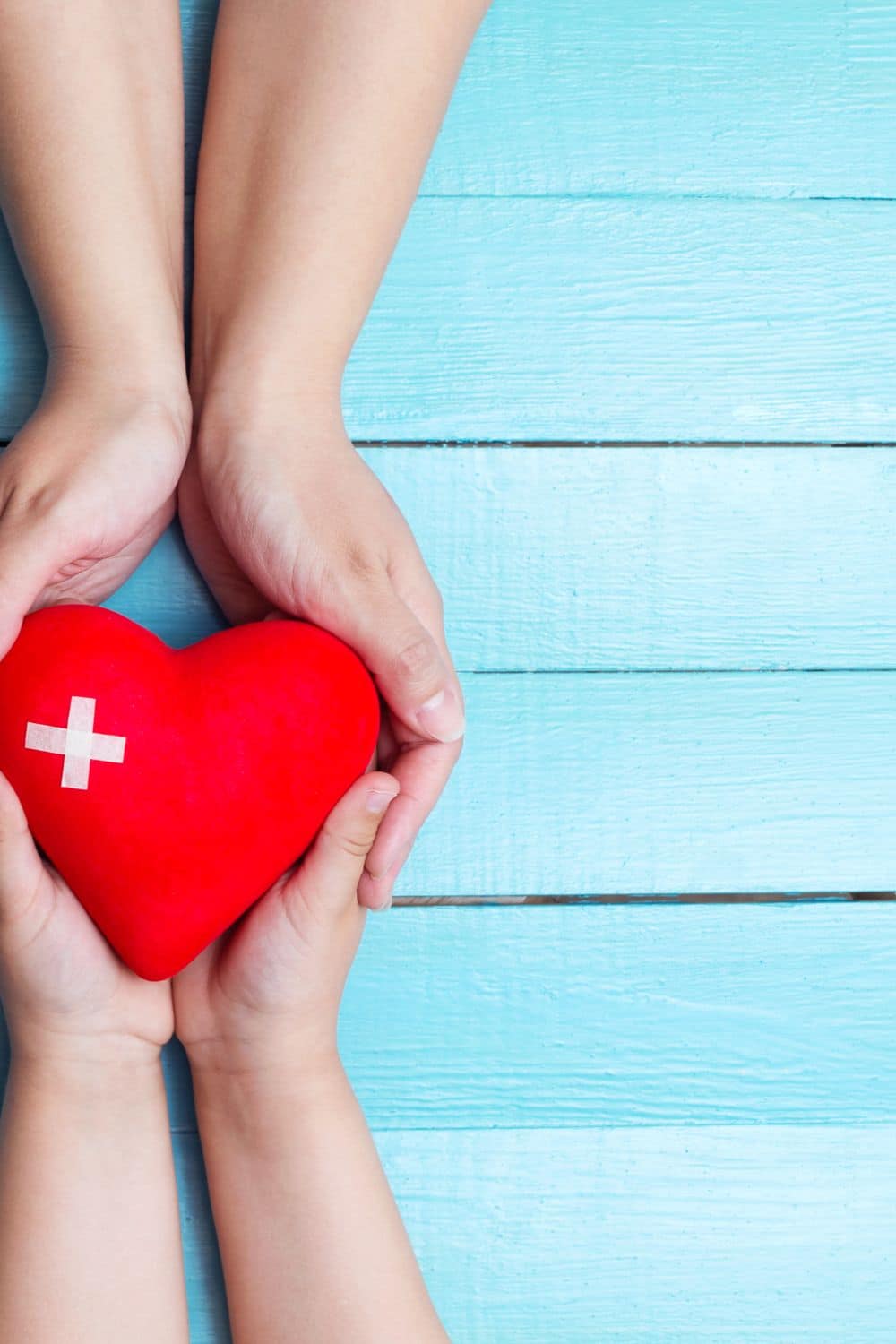Although there are many factors that can increase your cancer risk, there are also some ways to reduce cancer risk in women. Read some of them below. Disclosure: All content and information on this website is for informational and educational purposes only, does not constitute medical advice. Although we strive to provide accurate general information, the information presented here is not a substitute for any kind of professional advice, and you should not rely solely on this information. Always consult a professional in the area for your particular needs and circumstances prior to making any professional, legal, medical and financial, or tax-related decisions.

Ways to Reduce Cancer Risk in Women
1. Eat a balanced diet
Eating a variety of healthy foods that are high in fiber and low in fat is important for overall health. Fruits, vegetables, whole grains, lean proteins such as fish and poultry, and low-fat dairy products should all be included in the diet. Additionally, limiting red meat consumption to no more than 18 ounces per week can help decrease the risk of some types of cancers. In addition to eating a balanced diet, it is important to stay hydrated by drinking plenty of water throughout the day. Also, limiting alcohol consumption is another important factor.
2. Exercise regularly
Regular physical activity can help to keep the body strong and healthy, which can reduce the risk of some types of cancer. For example, regular exercise has been linked to a lower risk of developing breast cancer. Aim for at least 30 minutes of moderate physical activity per day such as walking, jogging, swimming, or cycling. Additionally, strength training twice a week is recommended for overall health and muscle tone. Moreover, getting enough sleep is an important factor as well. Also, try to reduce stress levels as much as possible. For instance, yoga, meditation, and other stress-reducing activities are beneficial.
3. Avoid environmental toxins
Environmental toxins such as cigarette smoke, radiation, and UV rays can increase the risk of cancer. Therefore, it is important to limit exposure to these substances whenever possible. For example, women should avoid smoking or being around second-hand smoke. Also, wearing sunscreen when outdoors helps protect against the sun’s damaging rays. Additionally, limiting the use of certain products that contain chemicals or other pollutants is a good idea as well. Moreover, women should get regular check-ups, screenings, and tests to detect any issues early on. For instance, getting regular mammograms helps to detect breast cancer in its early stages.
4. Pay attention to the symptoms and warning signs:
Many types of cancer have specific warning signs and symptoms that women should be aware of. For example, breast cancer may present as a lump or change in the size or shape of the breast. Other signs to look out for are changes in skin color or texture, unusual bleeding or discharge from any part of the body, persistent pain or soreness in any area, and unexplained weight loss. Also, 95 percent of women with ovarian cancer will experience Pelvic or abdominal pain and an increase in the size of the abdomen or persistent bloating so make sure to contact your doctor if you notice any of these signs. Early detection is key to successful treatment, so don’t hesitate to seek medical attention.
5. Get screenings:
Getting regular screenings for various types of cancer can help detect any issues early on so they can be addressed quickly and effectively. Women should get regular mammograms starting at age 40 and then every one to two years after that. Additionally, getting regular Pap smears helps to detect cervical cancer in its early stages. Women between the ages of 21 and 65 should get a Pap smear every three years. So make sure to check with your doctor about when you should be getting these and other cancer screenings. Also, be sure to discuss any family history of cancer with your doctor so they can help advise you on what screenings you should get.
6. Take Hygiene seriously:
Good hygiene practices are important for overall health and can help to reduce the risk of some types of cancer. For example, it is important to practice safe sex in order to reduce the risk of HPV which is one of the leading causes of cervical cancer. Additionally, women should regularly wash their hands with soap and water and keep their nails cut short in order to reduce the spread of germs. Moreover, make sure to get vaccinated for HPV if you’re not already immunized as this can provide additional protection against certain cancers. Finally, be mindful when preparing food and always make sure that all meats are cooked thoroughly before eating.
7. Regularly checking your hormones:
Hormone levels can have a significant impact on the risk of certain types of cancers. For example, high estrogen levels can put women at an increased risk for breast or ovarian cancer. Therefore, it is important to keep hormone levels in check and talk to your doctor if you’re concerned about changes. Additionally, taking birth control pills or other forms of hormonal contraception can increase the risk of certain types of cancer so be sure to discuss this with your doctor as well. Finally, make sure to take any medications prescribed by your doctor as directed in order to maintain healthy hormone levels. For instance, if you’re taking hormone replacement therapy, be sure to take it as prescribed.
8. Choose toxic-free skincare and hygiene products:
Using products that contain carcinogenic chemicals can put women at an increased risk for certain types of cancer. Therefore, it is important to choose products that are free from toxic ingredients and other pollutants. Also, make sure to check the labels on skincare and hygiene products to ensure that you’re not using anything with known carcinogens. Additionally, wearing sunscreen daily helps to reduce your risk of skin cancer so always make sure to apply sunscreen before going out in the sun. Overall, these simple steps can help women reduce their risk of cancer and live healthier lives.
By following these tips, women can reduce their risk of cancer and lead healthier lives. Additionally, make sure to stay up-to-date on the latest cancer news and research so that you can stay informed about any advancements in prevention or treatment. Finally, don’t forget to talk with your doctor about any concerns you may have regarding your own health and risk factors for cancer. They can provide valuable insight into what steps you should take to keep yourself healthy and reduce the risk of cancer.
Disclosure: All content and information on this website is for informational and educational purposes only, does not constitute medical advice. Although we strive to provide accurate general information, the information presented here is not a substitute for any kind of professional advice, and you should not rely solely on this information. Always consult a professional in the area for your particular needs and circumstances prior to making any professional, legal, medical and financial, or tax-related decisions.

Leave A Reply!